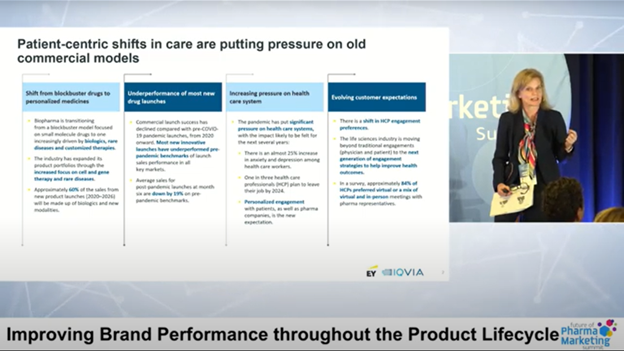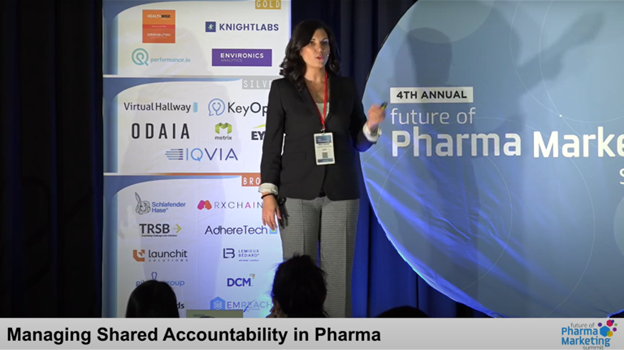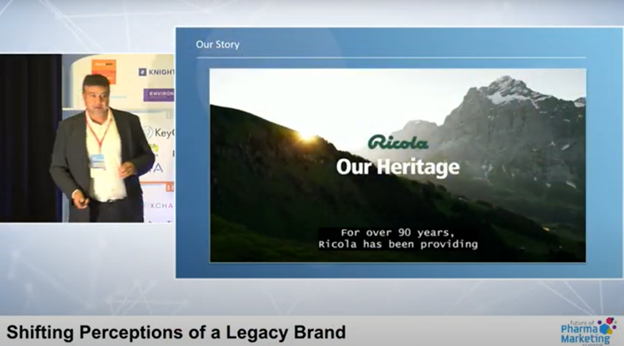Introduction:
In an era of unprecedented healthcare transformation, pharmaceutical companies face a complex landscape of technological disruption, evolving patient expectations, and increasingly sophisticated market dynamics. The traditional approaches to drug launches and market engagement are rapidly becoming obsolete, demanding a new paradigm of strategic thinking, data-driven insights, and organizational agility. This whitepaper represents a collaborative exploration between IQVIA and EY, two global leaders at the intersection of healthcare innovation and strategic consulting, offering a comprehensive roadmap for navigating the intricate challenges of modern pharmaceutical commercialization.
Executive Summary:
Expanded Executive Summary:
The pharmaceutical industry stands at a critical inflection point, characterized by profound technological, demographic, and systemic shifts that are fundamentally reshaping how innovative therapies are developed, launched, and brought to market. Our research reveals a multifaceted transformation driven by several key forces: the rise of personalized medicine, increasing healthcare system pressures, technological disruption, and changing patient engagement models.
Traditional launch strategies are proving inadequate in this new environment. Our analysis demonstrates that while overall pharmaceutical launch performance appears stable at a macro level, beneath the surface lies a nuanced reality of significant variability. Approximately 80% of brands continue to follow historical launch trajectories, yet a emerging 20% are pioneering breakthrough approaches that challenge conventional wisdom.
The most successful organizations are distinguished by their ability to integrate advanced data analytics, maintain organizational flexibility, and develop sophisticated omnichannel engagement strategies. These capabilities enable rapid adaptation to market signals, precise targeting of patient and healthcare professional needs, and the creation of more personalized, value-driven therapeutic experiences.
Key findings underscore the critical importance of:
– Comprehensive data governance
– Advanced predictive analytics
– Patient-centric design
– Cross-functional collaboration
– Technological infrastructure investment
1. Market Transformation Landscape
In an increasingly complex global healthcare environment, understanding the fundamental shifts reshaping pharmaceutical markets is no longer optional—it is imperative. This section explores the multifaceted forces driving unprecedented industry transformation, providing a comprehensive framework for strategic decision-making.
Key Trends:
– Shift from blockbuster drugs to personalized medicines
– 60% of global growth expected in biologics and new modalities
– Increasing pressure on healthcare systems
– Evolving customer engagement strategies
2. Launch Performance Analysis
Launch performance represents the critical moment of truth for pharmaceutical innovations. Beyond mere statistical measurement, this section delves into the nuanced dynamics that differentiate successful launches from those that struggle to gain market traction.
Quantitative Insights:
– Overall launch sales down 19% compared to pre-pandemic benchmarks
– 80% of brands follow traditional six-month performance trajectory
– 20% of brands demonstrate breakthrough performance beyond initial launch period
Critical Success Factors:
– Organizational agility
– Digital engagement capabilities
– Adaptive launch strategies
– Comprehensive market understanding
3. Omnichannel Strategy Framework
The era of siloed, linear communication strategies has definitively ended. This section presents a holistic approach to omnichannel engagement that recognizes the intricate, interconnected nature of modern healthcare ecosystems.
Data Governance Pillars:
– Robust data capture mechanisms
– Cross-channel integration
– Performance measurement
– Cost allocation transparency
Strategic Recommendations:
– Implement advanced analytics
– Develop flexible engagement models
– Prioritize patient-centric approaches
– Invest in digital transformation
4. Technology and Innovation Enablers
Technological innovation is no longer a peripheral consideration but the fundamental architecture of modern pharmaceutical strategy. This section examines the transformative potential of emerging technologies in reshaping how therapeutic solutions are conceived, developed, and delivered.
Emerging Technologies:
– Generative AI
– Longitudinal patient data analysis
– Machine learning-driven insights
– Predictive engagement modeling
5. Collaborative Ecosystem Approach
No organization can successfully navigate contemporary healthcare challenges in isolation. This section explores the emerging paradigm of collaborative value creation, highlighting the strategic importance of flexible, integrated partnership models.
Partnership Strategies:
– Cross-vendor collaboration
– Integrated service delivery
– Shared value creation
– Flexible engagement models
6. Future Outlook
Anticipating future trends is both an art and a science. This section provides a forward-looking analysis of the potential trajectories that will define pharmaceutical innovation in the coming decade, grounded in rigorous research and expert insights.
Predicted Developments:
– Increased personalization
– Value-based care models
– Enhanced data interoperability
– Patient-driven healthcare experiences
Conclusion:
The future of pharmaceutical commercialization demands a fundamental reimagining of traditional launch paradigms. Success will be defined not by incremental improvements, but by transformative approaches that integrate technological innovation, data intelligence, and human-centered design.
Organizations must cultivate a new organizational DNA characterized by:
– Continuous learning and adaptation
– Seamless technological integration
– Holistic understanding of stakeholder ecosystems
– Proactive rather than reactive strategic planning
The convergence of artificial intelligence, advanced analytics, and patient-driven insights creates an unprecedented opportunity for pharmaceutical companies to redefine value creation. Those who can successfully navigate this complex landscape will not merely launch products, but will create comprehensive therapeutic solutions that address evolving healthcare needs.
Our research suggests that the most successful organizations will be those that:
– Embrace technological disruption
– Develop flexible, data-driven strategies
– Prioritize patient and healthcare professional experiences
– Create collaborative, cross-functional engagement models
– Invest in continuous capability development
The pharmaceutical industry stands at the threshold of a new era. The journey ahead requires courage, innovation, and a willingness to challenge existing paradigms. By adopting the strategies outlined in this whitepaper, organizations can transform market challenges into opportunities for breakthrough performance and meaningful healthcare impact.
Based on a 2024 Future Pharma Marketing Summit presentation by Matthew Norton, General Manager, IQVIA Canada and Catherine Dunwoody, Life Sciences Leader, EY Canada.





